A new three unit, 16 week course for Hydroponic/Aquaponics will be offered by the Fullerton College Horticulture Department for the fall semester this year.

Professor Valerie Loew hopes to teach students who are motivated about learning the future of agriculture.
The goal is to produce academically competent, highly trained students who are ready to capture jobs that nobody else has the technical skills for right now.
The course is split into two sections with Loew scheduled to teach the aquaponics portion for eight weeks and Dr. Roger Kern to lead the hydroponics portion for another eight weeks.
It all started when Valerie won an innovation grant for $25,000 from the North Orange County Community College District.
“My
whole idea was to create a forum that teaches students the future of
agriculture and horticulture. Aquaponics does just that. It’s a vehicle to
teach students about science, technology, engineering and mathematics as

the students will be learning botany, plant physiology, biology, and
chemistry,” Loew said.
She explained that hydroponics is the process of growing plants without soil.
Aquaponics is a hybrid of hydroponics that uses fish to produce nutrients that are then taken up by the plants growing in the nutrient laden water.
The fertilizer is created by transforming fish waste into plant nutrients.
Mozambique Talapia is the breed of fish that will be used to generate plant nutrients.
As the fish are fed, they poop and the waste becomes raw material that transforms into plant food.
Amazingly,
everything happens naturally, in a cycle. Fish waste is plant food.
The plants take up the nutrients and return clean water to the fish.
Every week in a mixture of lecture and lab, students will monitor the ammonia, nitrite and nitrate to make sure the plants have everything they need and the fish aren’t being poisoned.

In addition to
learning about plant growth and harvesting schedules, students will
learn about fish culture, fish husbandry, breeding fish in captivity and how to make the fish happy.
As if that weren’t enough, the students will get a chance to learn how to grow hydroponic tomatoes during that p
art of the course.
Loew hopes to harvest around 900 pounds of tomat
oes grown during the course of the semester.
There is so much to offer, because there is so much to learn.
 “Horticulture is changing, we need to educate and prepare students for this because
“Horticulture is changing, we need to educate and prepare students for this because
there is an industry right now that needs people trained to grow in this
particular fashion that will pay good money,” Loew said.
The
enthusiasm about teaching the course for the first time is shared by her
and Raul Banuelos, who built the integrated system inside of the FC
greenhouse.
“Aquaponics has been around for thousands of years, and we are trying to bring it back,” Banuelos said. Banuelos is from Strong Roots Farms Aquaponics in Yorba Linda.
He explained that compared to conventional farming, this form of agriculture uses about 90 percent less water.
“We
can grow eight times as much in the same square footage, and we’re
getting about a third quicker growing time too,” Banuelos said.

“This is the future. The future is called controlled environmental agriculture. We take advantage of greenhouse and maximize the greenhouse space,” Loew added.
The future it definitely is.
Loew is a seasoned educator and currently teaches several courses in the Horticulture Department.
Aquaponics/Hydroponics tours are being given by appointment only at the Horticulture facility.



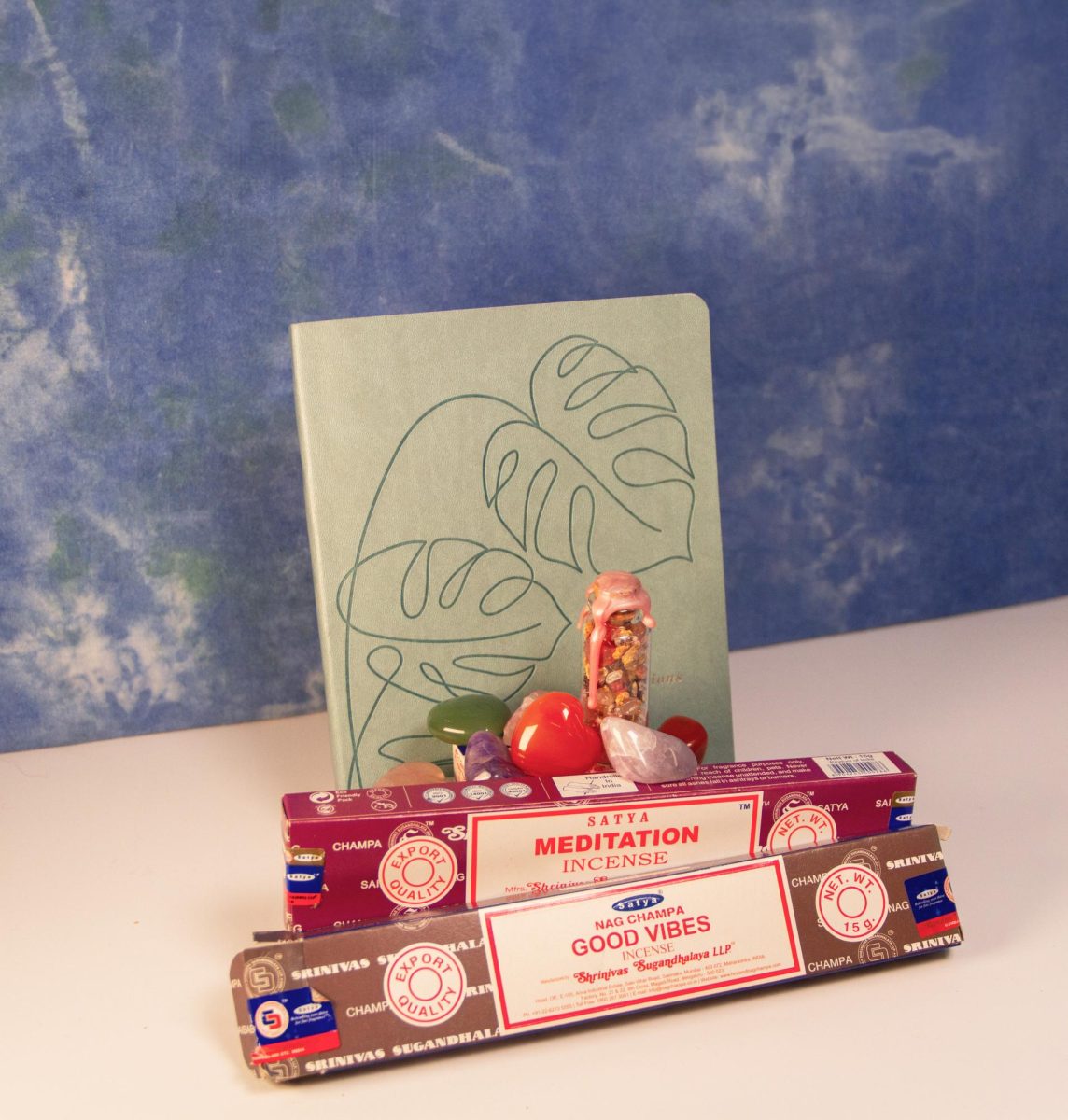
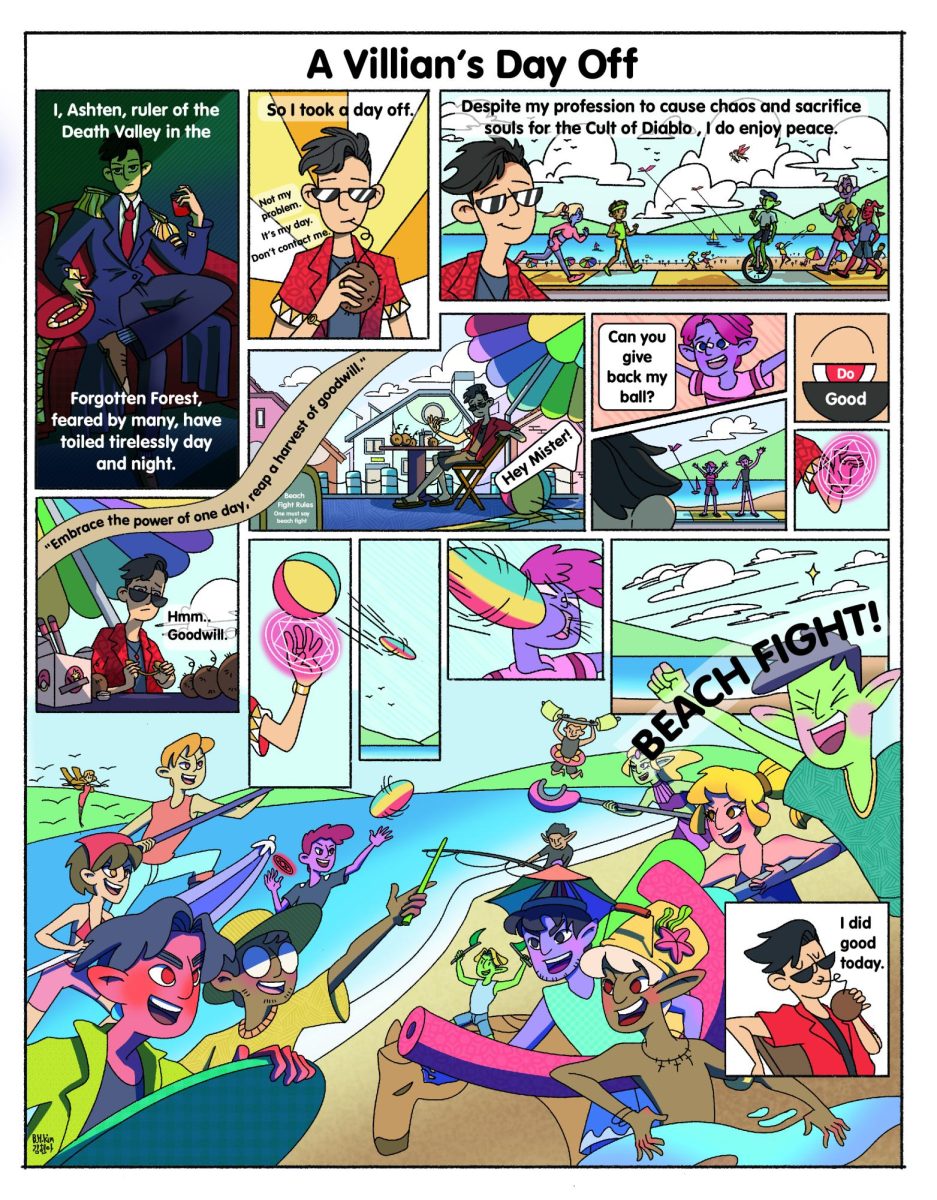

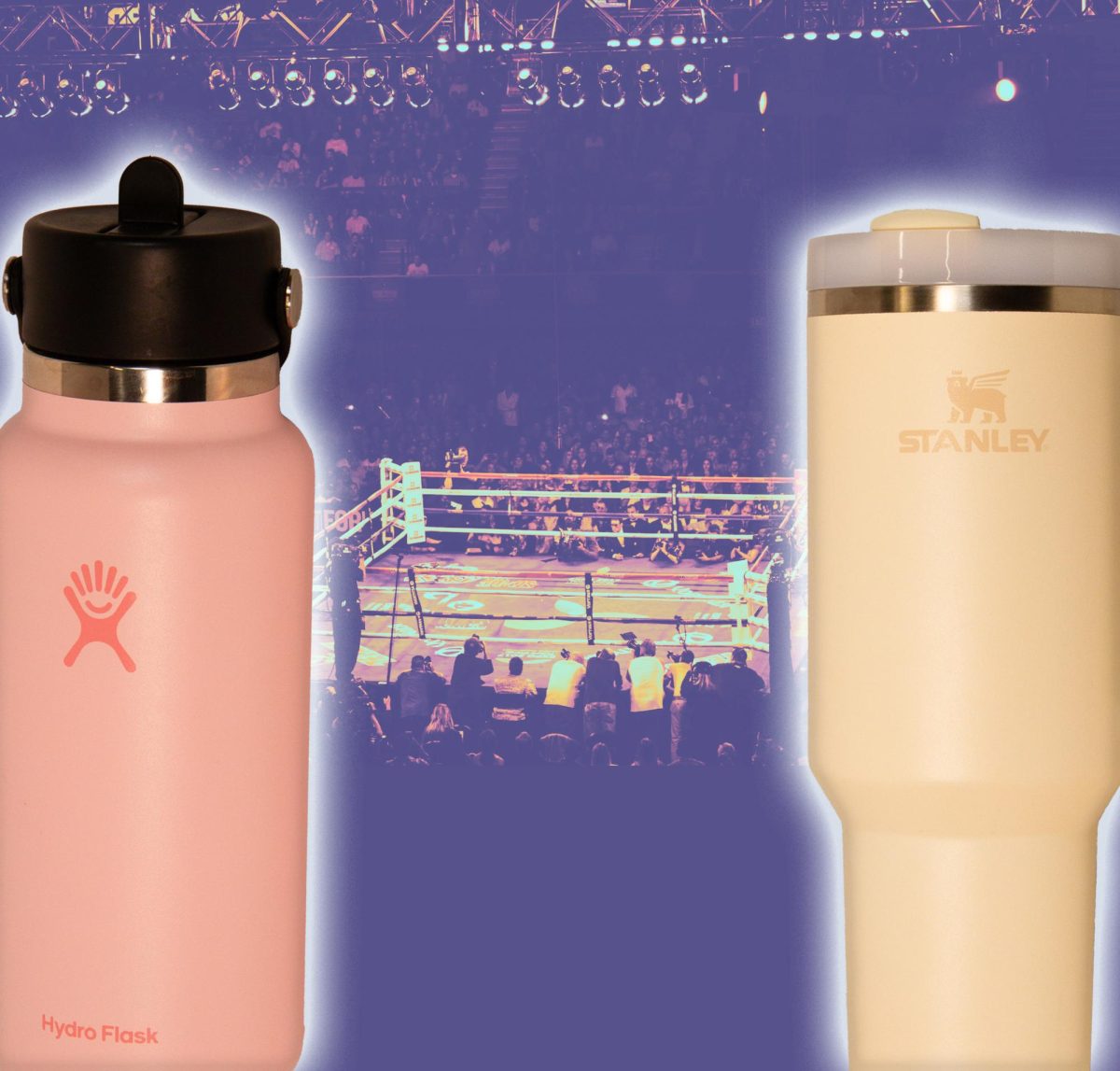

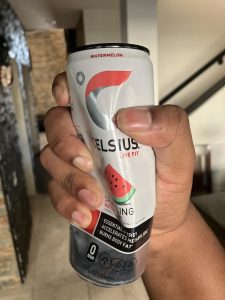
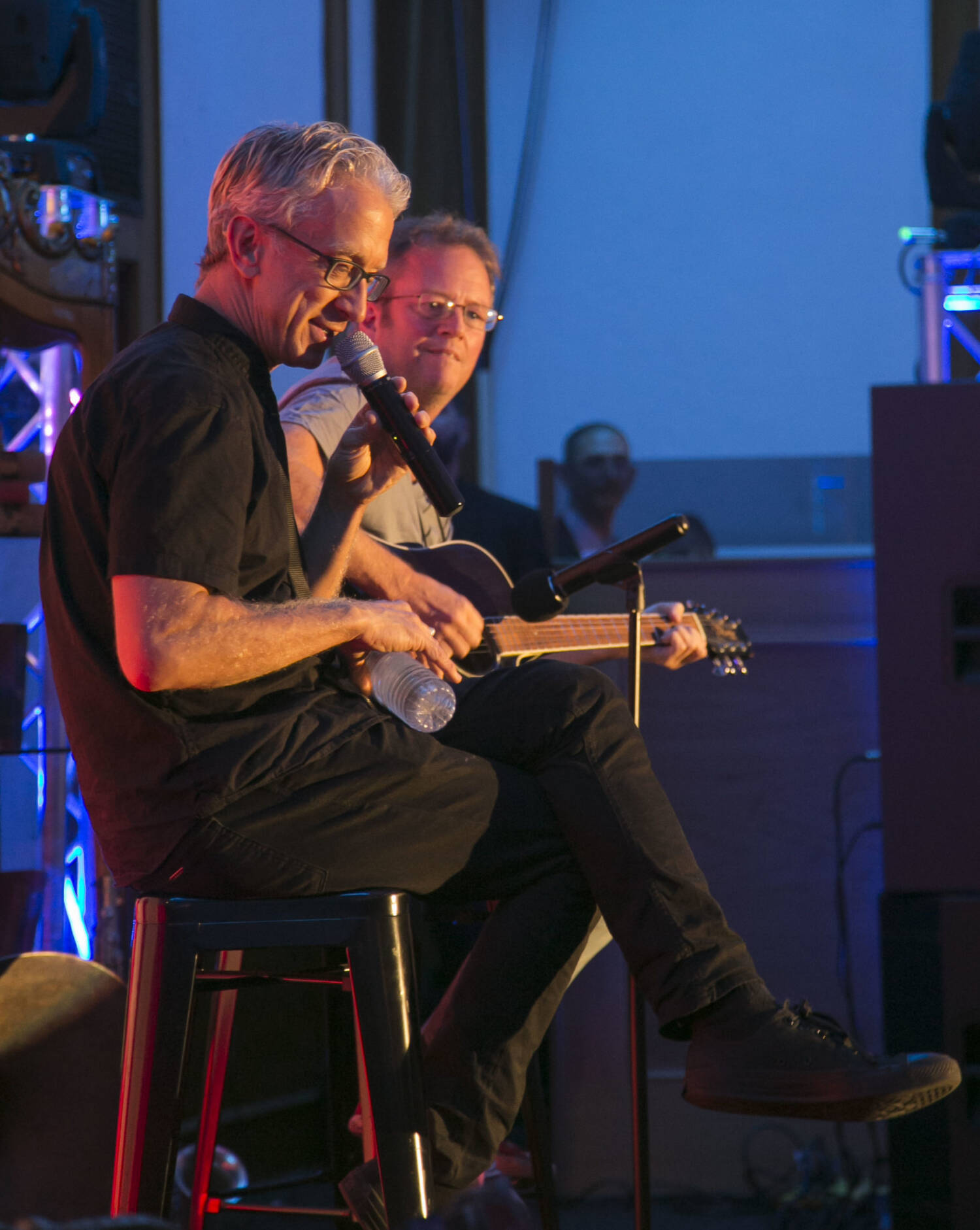





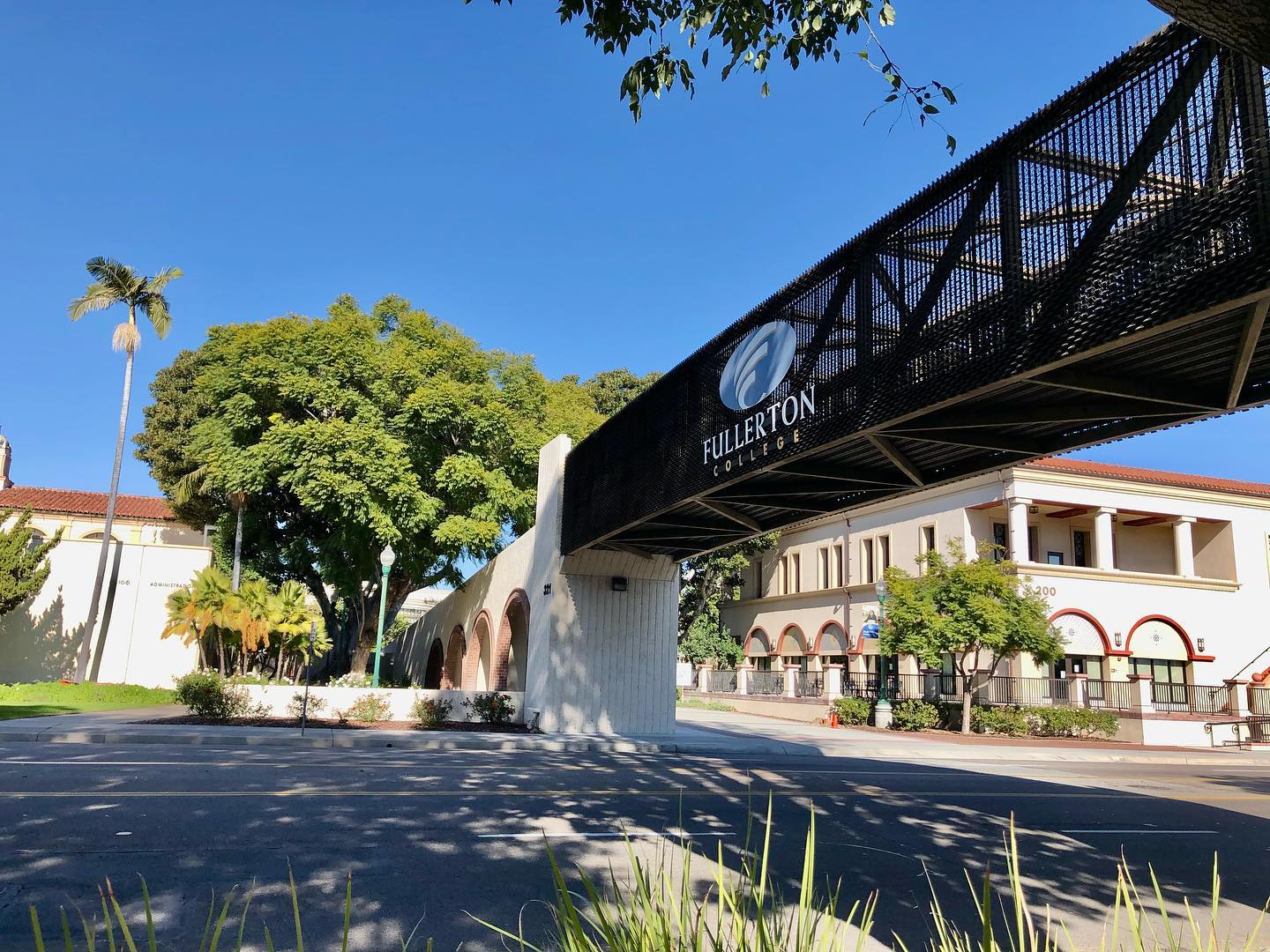



Mike • Dec 30, 2017 at 9:17 pm
Aquaponics is going to have to start being more utilized to feed the earth’s growing population. Governments in areas with food shortages need to be investing in this methods to feed their countries.